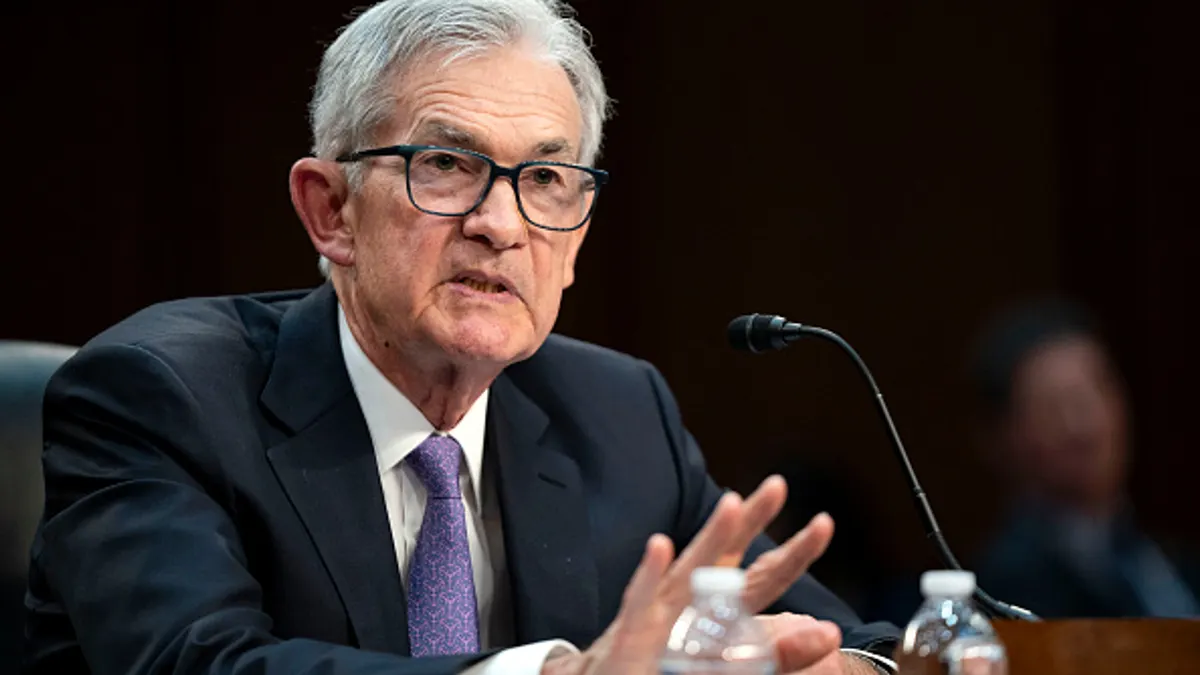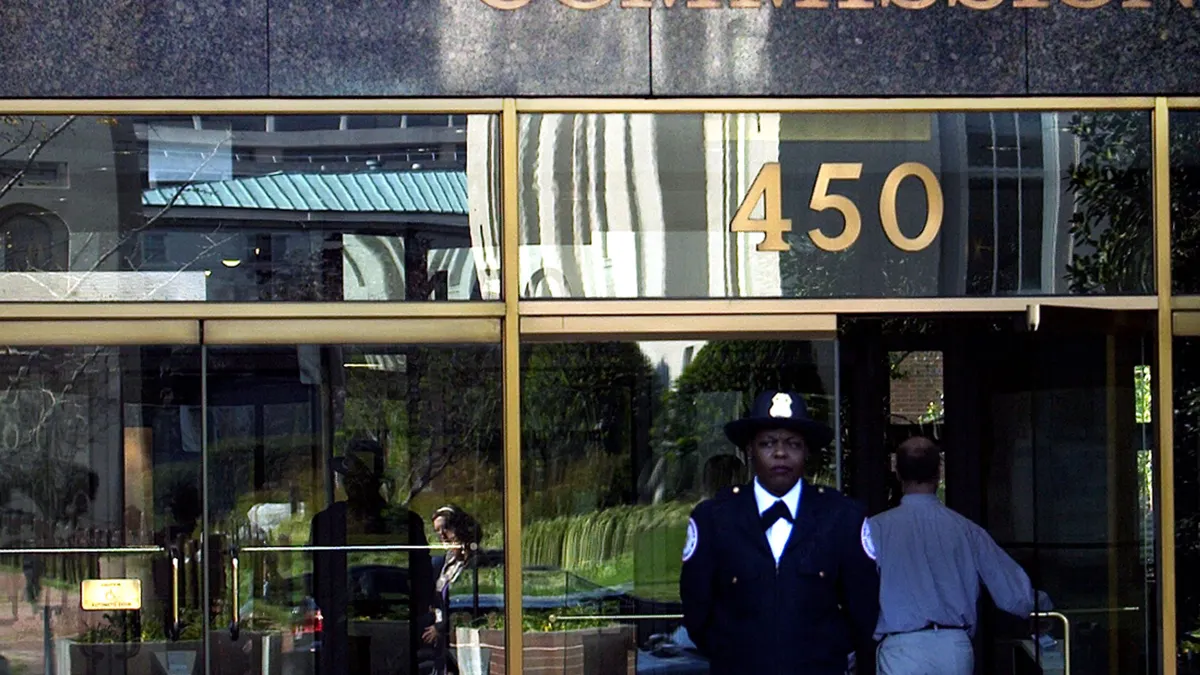The recent bank failures of institutions like Silicon Valley Bank has caused many businesses to pay closer attention to where they are holding their funds, putting pressure on CFOs to ensure they are putting up safeguards to protect against future such events as the banking industry continues to wobble.
Paying attention to the “diversification of your relationships,” is equally as important as understanding what each of your banking partners brings to the table when it comes to guarding against future risk, said Kevin Held, CFO for treasury and liquidity management technology provider HazelTree. CFOs play a critical role in risk mitigation for their organizations due to where they sit inside of the business and the access that they have to crucial information.
“It’s the CFO’s job and the finance group’s job to provide the data to management, the information that allows us to make decisions, and part of that is risk mitigation,” he said in an interview. “We are the keepers of the assets for our business and if we’re not diversifying risk, mitigating risk, than we’re not necessarily doing our jobs.”
Balancing internal, external risks
Held, whose previous CFO experiences include serving as finance chief for software-as-a-service providers Vehlo, AlphaPoint and TradingScreen, took the top financial seat for the SaaS company last September as the HazelTree — which offers treasury solutions for alternative asset managers — consolidated its strategy for future growth.
This included revamping its executive leadership team, with HazelTree appointing a new chief revenue officer, chief people officer and chief technology officer over the past year and a half. Five months before Held took the CFO seat, HazelTree appointed Tushar Amin as its new CEO and president to take point on its next phase of growth, according to a company press release.
As HazelTree has faced transformation in its management team and looked to foster growth, Held’s focus as CFO has shifted from where he placed his attention during the early days of his tenure — which was on “basically creating the roadmap for what we need to do to support the business,” he said — and more towards risk mitigation, or “understanding what’s happening with financial markets, with the banking industry itself,” he said.
As a treasury management platform, some of HazelTree’s clients were banking with SVB at the time it collapsed, Held said, with the company leaving its platform open to help its clients “weather the storm” that ensued.
SVB’s collapse is still having ripple effects throughout the banking industry, raising fears about a possible bank run and the health of regional banks in particular. The California bank’s closure was swiftly followed by that of New York-based Signature Bank, and most recently, fellow Manhattan-based bank JP Morgan Chase snapped up First Republic Bank’s assets at the beginning of this month after a steep drop in deposits led First Republic to falter.
From Held’s standpoint as a financial leader, navigating the shakeups in the banking industry meant his focus was on “understanding where the exposure to the company was from the banking situation,” he said. That meant both keeping one eye on the macro environment while also ensuring HazelTree’s customer support and sales teams were properly able to communicate with clients.
The wobbles in the banking industry put a spotlight on the importance of diversifying one’s banking and other financial relationships, the onus of which rests at least partially with the CFO — it’s “very easy to get comfortable with one party, just do business with one party,” Held said.
However, while diversification can be tricky, especially for smaller firms that may not necessarily have as much cash as others to do so, not doing so and keeping one’s cash with a single entity means businesses will be scrambling when scenarios like the above failures occur.
CFOs as the data, relationship nexus
With rumbles in the banking space still occurring — many in the industry are still keeping their eyes on PacWest, another regional bank which has faced challenges since its first fiscal quarter — staying vigilant about how the broader economy could affect their own business , and what steps they should take in return to those effects, is critical for CFOs as the keeper of the financial keys, Held said.
“It's easy to just put your head down, do your work, whether it's focusing on the financials or focusing on the internal business itself, and not necessarily look around and see what else is happening out there,” Held said.
That means not only gathering as much information as possible about the macro environment and other external factors that could affect the business, but acting as the nexus point for sharing that information with other key business leaders.
It’s also the CFOs’ duty to “make sure you're speaking to all the parties involved within the company itself,” Held said, and then be able to synthesize and present that information to the CEO or board “to give them the insight as to what was taking place and what could be the impact,” he said.























